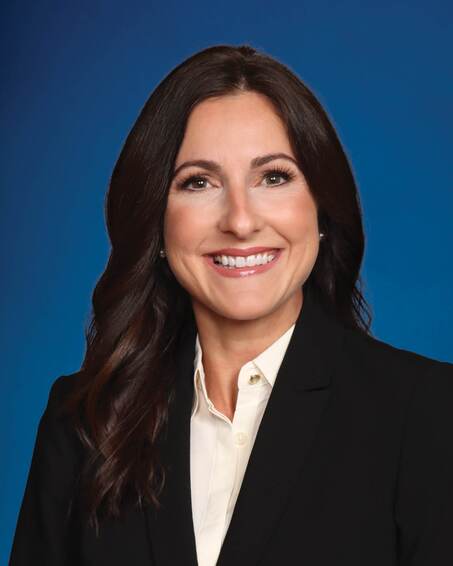If you own property or possessions - regardless of the nature, value or quantity - you have an estate. In order to protect your assets, it is necessary to have an estate plan.
Your estate plan not only determines the ultimate beneficiaries of your estate after you are gone, but it includes directives during your lifetime in the event you are unable to make important health care or financial decisions.
Make your last wishes perfectly clear and eliminate any doubt about your intentions with regard to your estate.
Give your designated agent the ability to act on your behalf to make financial decisions should you be unable to express your desires.
Give your designated agent the ability to act on your behalf to make health care decisions, communicate with your physicians and request health-related information in the event you are not able to do so.
Identify the person you want to act as your guardian if a Durable Power of Attorney and Designation of Health Care Surrogate no longer suffice. Reduce the Court's involvement in the appointment of a guardian, and ensure that your wishes in the choice of a guardian are respected.
Instruct your designated surrogate to honor your wishes regarding medical treatment in the event that you are unable to communicate with your physicians.
Inform your loved ones of your preference for burial or cremation so there are no questions about your wishes when the time comes.
Trusts determine how your assets are managed throughout your lifetime and distributed after your death, through the instructions provided to your trustee. Not everyone needs a trust, however, there are certain situations where a trust is very beneficial in that it avoids the need for probate and can greatly reduce taxes after death. It also ensures privacy and sometimes results in quicker distribution than formal probate proceedings. A trust can also be invaluable if the grantor becomes incapacitated because the trustee can manage trust assets, pay bills and make financial decisions on the grantor’s behalf without the necessity of having the court appoint a guardian to carry out those responsibilities.
To learn more, call our office at (386) 252-1561 or click here to contact us via email.







By S. LaRue Williams, Esq

By Christy F. “Chris” Harris, Of Counsel